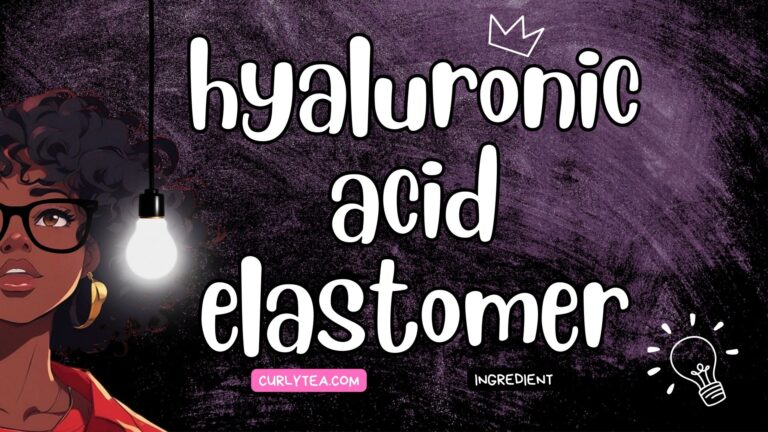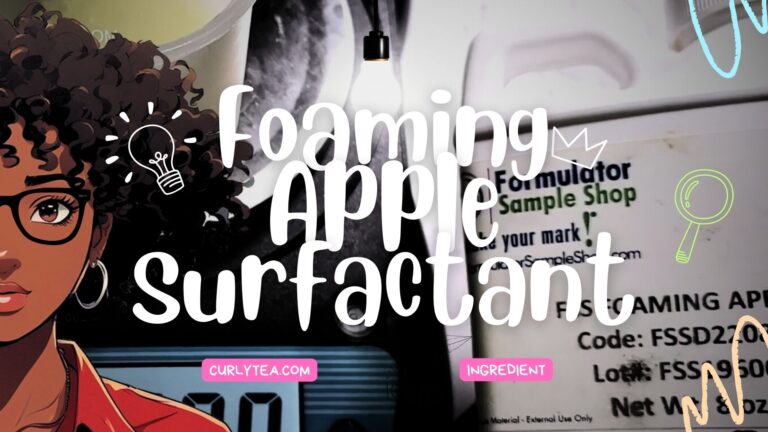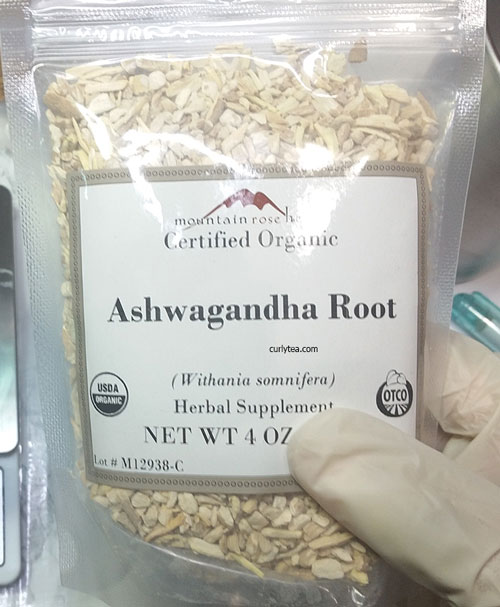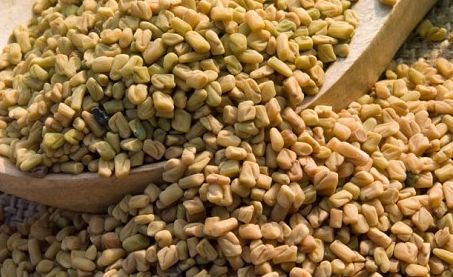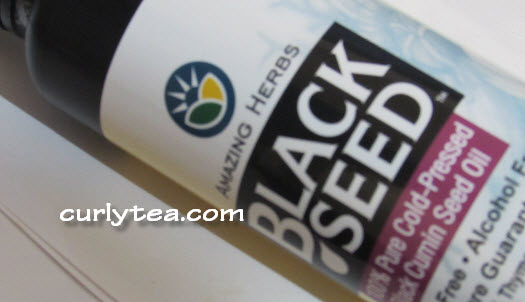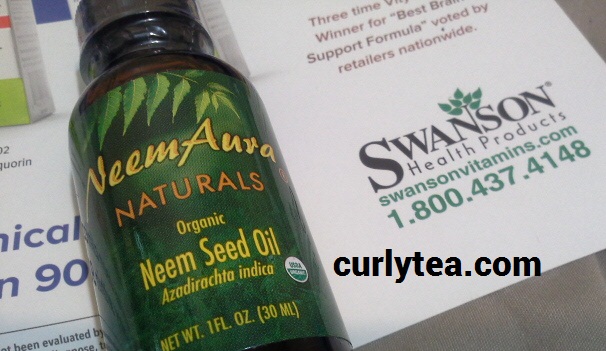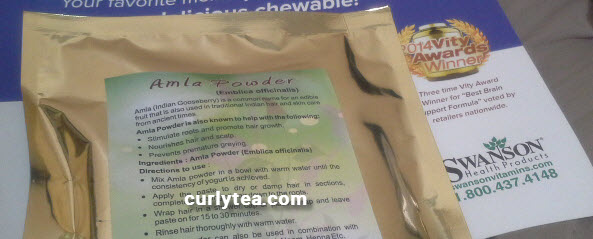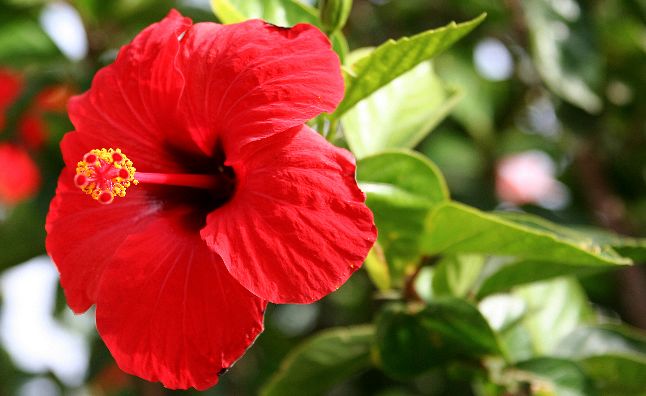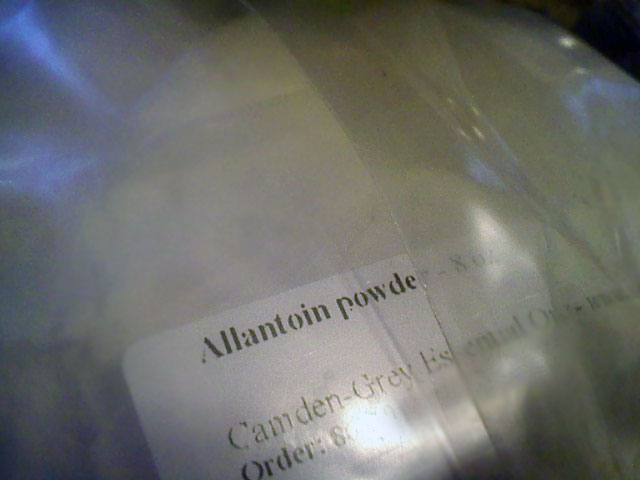
INCI: allantoin
C4H6N4O3
Allantoin is used as a skin softener, and a rather outstanding one too, provided you have processed it correctly in your formulation. You can get all of its benefits at very low percentages too (like 0.5%)! UPDATE: I rarely if ever use allantoin anymore. If you’re looking for similar effects for skincare only, try Sodium Lactate.
Allantoin is found naturally in comfrey, beet sugar, chamomile, and a few other plants. What it does is to force keratin in the skin to soften (keratolytic properties) which helps improve the feel of skin.
Some manufacturers use it in products meant to heal wounds, treat diaper rash, chapped lips, eczema and psoriasis. You’ll probably find it listed under the ‘Active’ ingredients if its percentage in the product is high enough.
I made a lotion with allantoin a few days ago (0.5%) and I am loving the after feel. I will tweak the ingredient percentages, but you can definitely feel how allantoin softens the skin especially if you use it more than once a day.
CurlyTea Lotion Softee Recipe Formula #3
85.5% distilled or purified water/tea mix
0.5% allantoin (veggie based skin softener)
1% Neodefend (ECOCERT preservative)
0.65% Structure XL (thickener, viscosity builder)
3% BTMS (veggie based emulsifier)
8.35% oils (use what you want)
1% hibiscus extract (just ’cause)
You have to dissolve allantoin powder in water. I add it to the water phase before I heat to ensure that it dissolves completely.
If allantoin doesn’t dissolve completely, you certainly will feel it in your finished lotions/creams! (ouch!)
TIP: To cut down on heat time, use aluminum bowls to heat ingredients quicker than glass or ceramic bowls. Make sure the ingredients you’re heating can be used with metal.
Some instructions say to add it after the emulsion has formed. I don’t do that simply because I want to ensure it is fully dissolved. As mentioned above, I don’t have to have the ingredients over heat for a long period of time, which allows me to use it during the heating phase.
As of this writing, it has a green “0” score in EWG’s Skin Deep cosmetics database partly because its nontoxic and is not suspected to be an environmental toxin or bioaccumulative.
For example, All Terrain’s Aloe Gel Skin Relief, which is a skin protectant and used to treat chapped/cracked skin, has Allantoin at 0.5%.
Enzymatic Therapy Cold Sore Relief, which treats fever blisters and cold sores, has Allantoin at 1%. (By the way, that product also uses Lemon Balm, one of my fav teas for concoctions!)
http://www.wisegeek.com/what-is-allantoin.htm
 CURLYTEA
CURLYTEA


